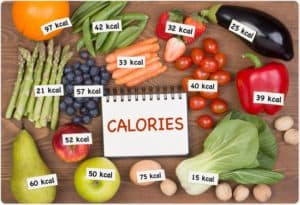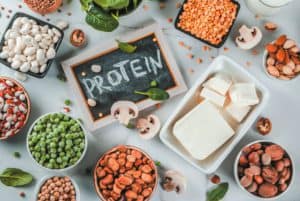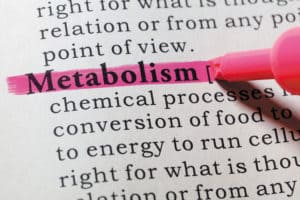What are Hunger Hormones?
Ghrelin is a hormone that is produced and released mainly by the stomach with small amounts. The pancreas, small intestine and brain also release it in the body. It is termed the \’hunger hormones\’ because it stimulates appetite, increases food intake, and promotes fat storage.
It is sometimes called lenomorelin too. Ghrelin travels through your bloodstream and to your brain, where it tells your brain to become hungry and seek out food. Its main function is to increase appetite. It makes you consume more food, take in more calories, and store fat.
Hunger Hormones play a big role in determining how quickly hunger comes back after we eat. Normally, ghrelin levels go up dramatically before you eat which signals hunger. They then go down for about three hours post-meal.
Also, it affects your sleep cycle, reward-seeking behavior, taste sensation, and carbohydrate metabolism. This hormone is created in your stomach and secreted when your stomach is empty.
It hops in the bloodstream and affects a part of the brain known as the hypothalamus, which governs your hormones and appetite. The higher your levels, the hungrier your get. The lower your levels, the more full you feel, and the easier it is to eat fewer calories.
So if you want to shred some kilos, lowering your ghrelin levels can be beneficial. Hence it plays a key role in regulating calorie intake and body fat levels.
Causes Of Rising Hunger Hormones
Ghrelin level increases majorly after estrogen administration in cultured stomach cells. Estrogen helps to regulate food intake by modulating meal size and to stimulate growth hormone secretion. Some research shows their levels are lower than in lean people.
Ghrelin levels also typically rise before a meal, when your stomach is empty. Then they decrease shortly after when your stomach is full. While you might assume obese people have inflated levels, they may just be more sensitive to its effects.
Yet regardless of the body fat percentage you have, ghrelin levels increase and make you hungry when you start a diet. This is an inherent response by your body, which tries to protect you from starvation.
During a diet, your appetite increases, and your levels of the \”fullness hormone\” leptin go down. Your metabolic rate also tends to decrease significantly, especially when you restrict calories for long periods.
So the bottom line is that the ghrelin levels or Hunger Hormones can rise during a diet, increasing hunger and making it harder to lose weight.
Learn More
How to Reduce Hunger Hormones
- Avoid weight extremes
- Prioritize sleep
- Increase muscle mass
- Eat more protein
- Maintain a stable weight
- Cycle your calories
Hunger Hormones and Diets
For any traditional diet, success is dependent on an individual’s ability to manage hunger and stay on course with their diet. Once someone has finished their standard diet, maintaining progress depends on their ability to not give in to their cravings.
This is the key to successful weight loss because it prevents the body from telling us we need to eat more. Additionally, we know that ghrelin and leptin interact with each other, so if a diet is impacting one, it is likely also impacting the other.
So what’s stopping you from starting your weight journey? Get yourself started today and Stay tuned for more such success stories, health content, and recipes! Also, don’t forget to follow us on Instagram for the daily dose of the Healthy Lifestyle!











